Borrower Overview
TriLinc has provided financing to a vertically integrated Ghanaian holding company, founded in 2000, with operations in the trading and logistics, storage, and distribution of refined petroleum products. TriLinc’s financing supports the capital expenditure required for the completion of a Ghanaian Environmental Protection Agency (“EPA”)-approved tank farm project in Ghana that will be used to store petroleum and diesel. The inefficiency of existing refineries within the country, coupled with increasing fuel demand, can result in periodic shortages across the country, which may lead to speculations and panic buying. Further, the implementation of a new government policy that requires distribution companies to build onsite storage in order to be eligible to renew their trading license has led to an increasing need for new strategic storage and distribution infrastructure in order to maintain reliable supplies for companies and consumers. However, the majority of smaller companies do not have the capital to build onsite storage and are not strategically located (e.g. close to the port) to take advantage of an existing tank farm. This project will significantly decongest existing tank farms and will service about 500 retail outlets in total, all of which will benefit from minimized shortages in the system, reducing downtime for their operations. Increasing the national buffer-stock of finished petroleum products will contribute to the overall availability of energy throughout the country.
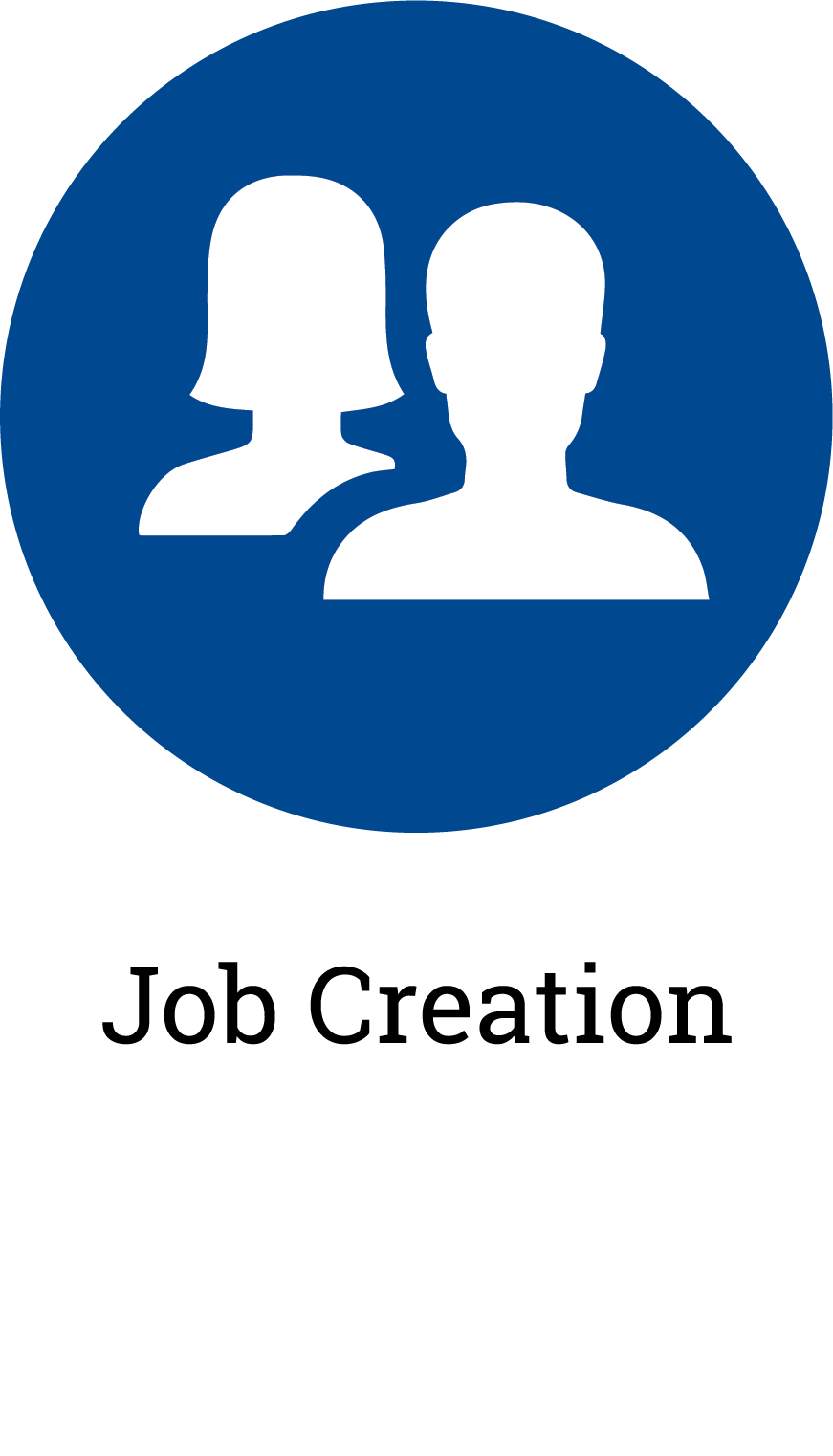 |
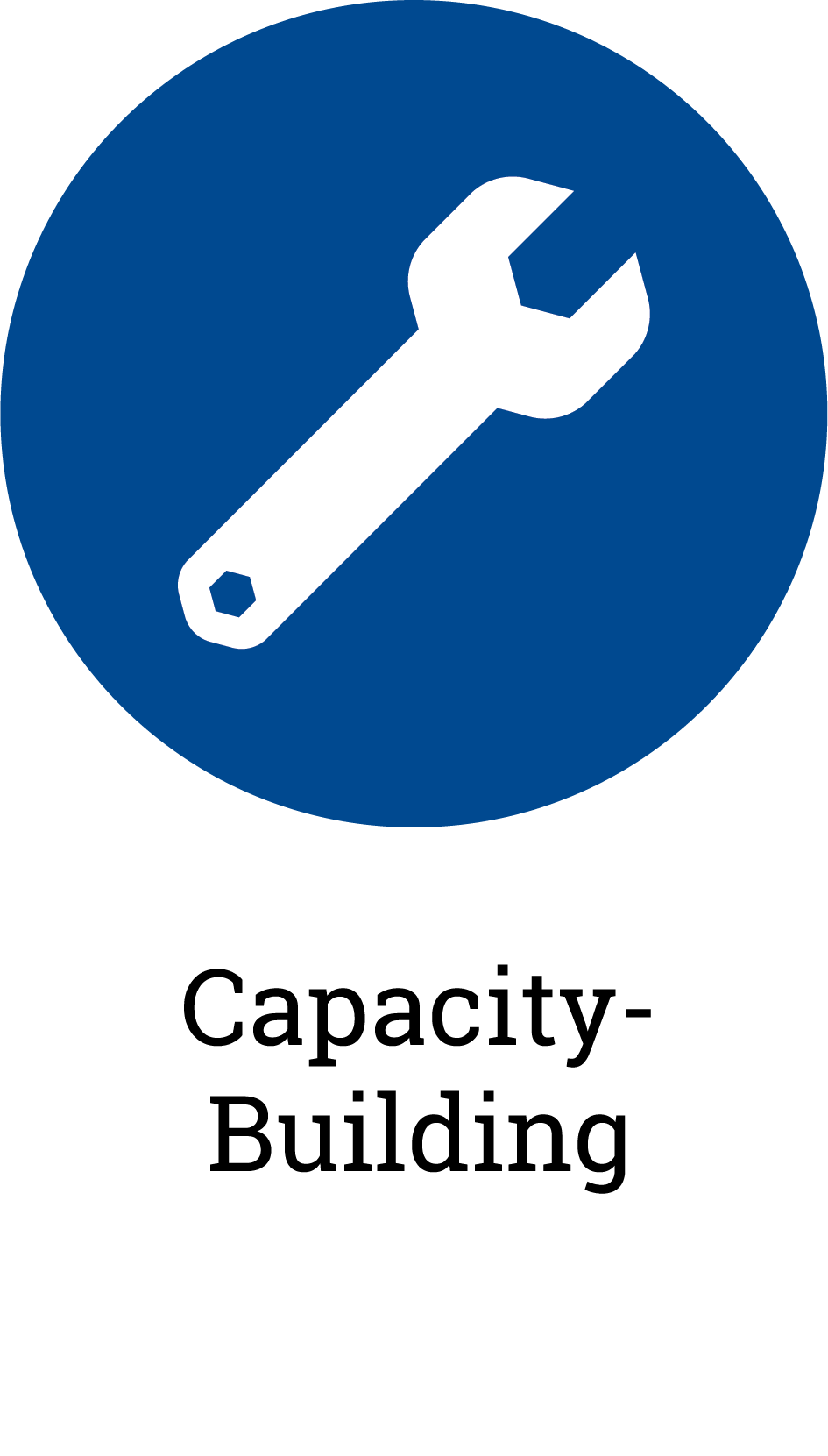 |
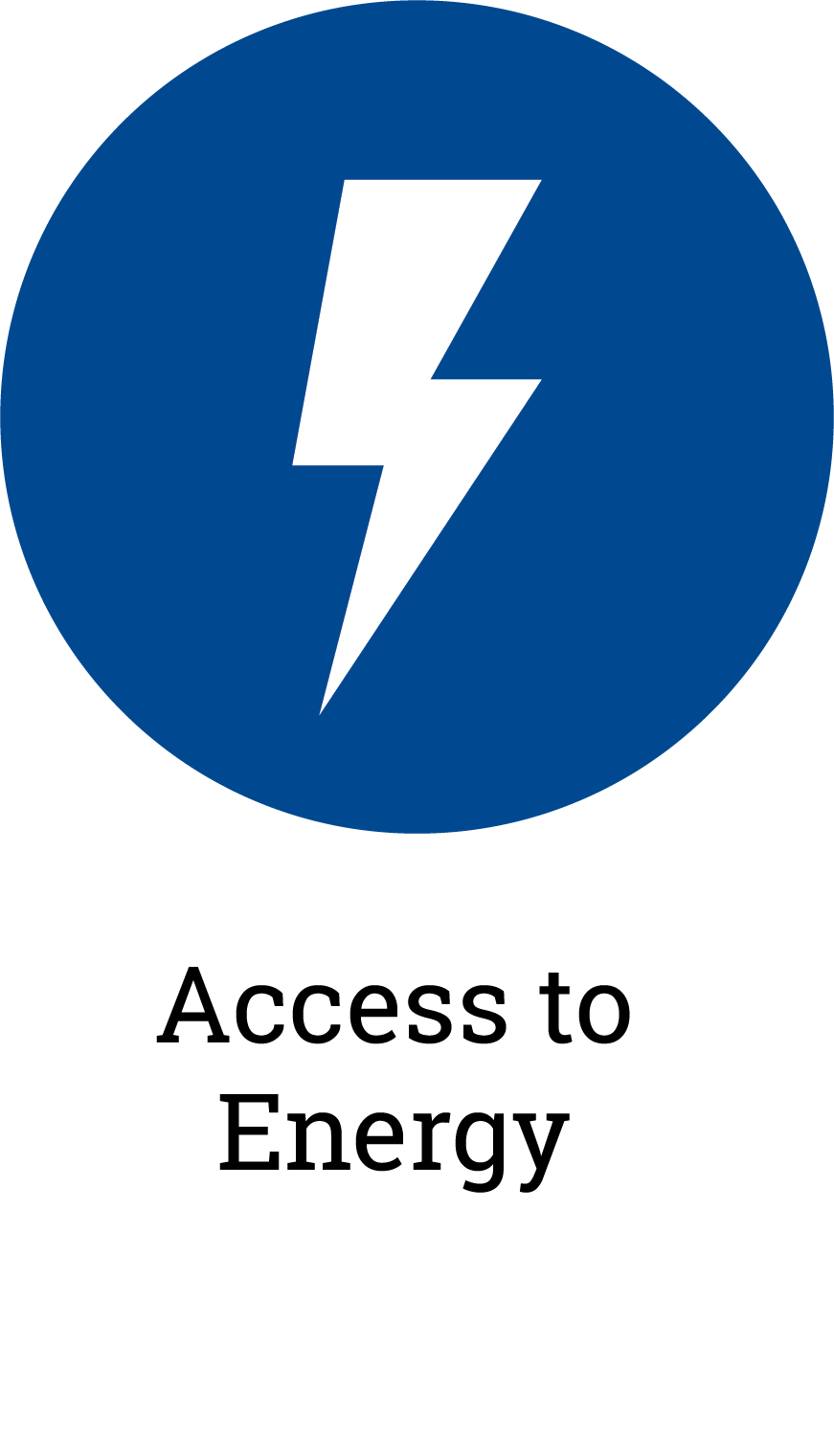 |
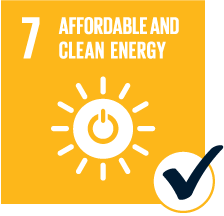 |
 |
Market Overview
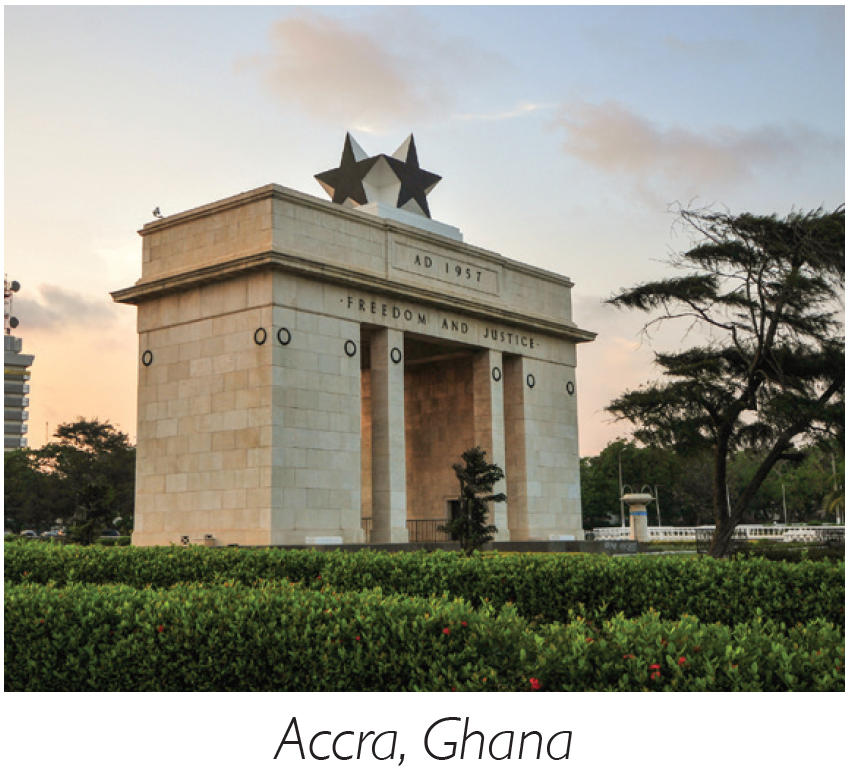
Ghana is classified as a lower-middle income country by the World Bank.1 Between 2010 and 2016, GDP growth rates averaged approximately 7.1%.1 Ghana’s main exports are concentrated in oil, gold, cocoa, timber, tuna, bauxite, aluminum, manganese ore, diamonds, and horticulture products.2 This positions the country as the second largest cocoa producer internationally and the second largest gold producer in Africa.3 Conversely, the country’s main imports are focused in capital equipment, refined petroleum, and foodstuffs.2
Ghana meets TriLinc’s standards for its performance across relevant growth, stability, and access metrics.4 In 2017, it ranked 10th across the Sub-Saharan African region on the World Bank’s Ease of Doing Business index.5 Access to financing and corruption are seen as the most pressing hurdles currently facing the country’s productivity and competitiveness.6 As the 8th largest economy in SubSaharan Africa7 with a GDP of $42.7 billion, the country’s well developed financial sector, goods market, and highly efficient legal regimes led the country to benefit from the estimated $44.4 billion in foreign direct investment that flowed into the region in 2015.7 Robust domestic demand across Sub-Saharan Africa has helped spur regional GDP growth to 1.3% in 2016, and is estimated to strengthen to 3.5% by 2019.8
Additional Sustainability & Impact Highlights
- The company has incorporated best environmental practices into its operations in areas such as waste and air emissions management. Furthermore, the company’s Environmental Management Plans were designed in line with the Ghanaian Environmental Protection Agency, IFC Performance Standards, and Equator Principles.
- To better compensate and accommodate its workers, the company provides a wide range of employee benefits that include the payment of medical bills up to a defined cap, availability of employee compensation insurance and life insurance, establishment of a maternity leave policy, and assurance of a fair recruitment process.
- Staff involved in the operational phase of the tank farm are offered training programs that include the following topics: ship to shore training, terminal operations, product knowledge and handling, firefighting, oil emergency response plan, among others which increase their future employment opportunities.
- During the company’s construction and operational phases, 230 workers are projected to be employed by both the company and its third-party contractors.
1The World Bank, World Development Indicators Database, Ghana, 2017. Average growth rate may not be an indicator of recent trends. 2CIA, The World Factbook, 2017: Ghana. 3The Observatory of Economic Complexity, 2016. 4There is no assurance that our investment in this company or this market will be successful. 5World Bank’s Ease of Doing Business 2017: Ghana. 6World Economic Forum, The Global Competitiveness Report, 2017. 7The World Bank, World Development Indicators Database, Sub-Saharan Africa, 2017. 8World Bank, Global Economic Prospects, 2017.
The above information is as of the initial date of investment: August 3, 2017.
RISK FACTORS
There is no guarantee that TriLinc’s investment strategy will be successful. Investment in a non-listed LLC involves significant risks including but not limited to: ownership is restricted; no secondary market; limitation on liquidity, transfer and redemption of ownership interest; distributions made may not come from income and, if so, will reduce the returns, are not guaranteed and are subject to management discretion. TriLinc selects investments and conducts operations on behalf of its clients, and will face conflicts of interest. Investment with TriLinc is not suitable for all investors. Securities Offered through CommonGood Securities, LLC, a member of FINRA and SIPC.
An investment with TriLinc carries significant fees and charges that will have an impact on investment returns. Information regarding the terms of the investment is available by contacting TriLinc. This is a speculative security and, as such, involves a high degree of risk. Investments are not bank guaranteed, not FDIC insured and may lose value or total value. Some investments may have been made in an investment vehicle that is no longer open for investment. The highlighted investment may or may not have been profitable. There is no guarantee that future investments will be similar.
Want to learn more? Contact Us.
